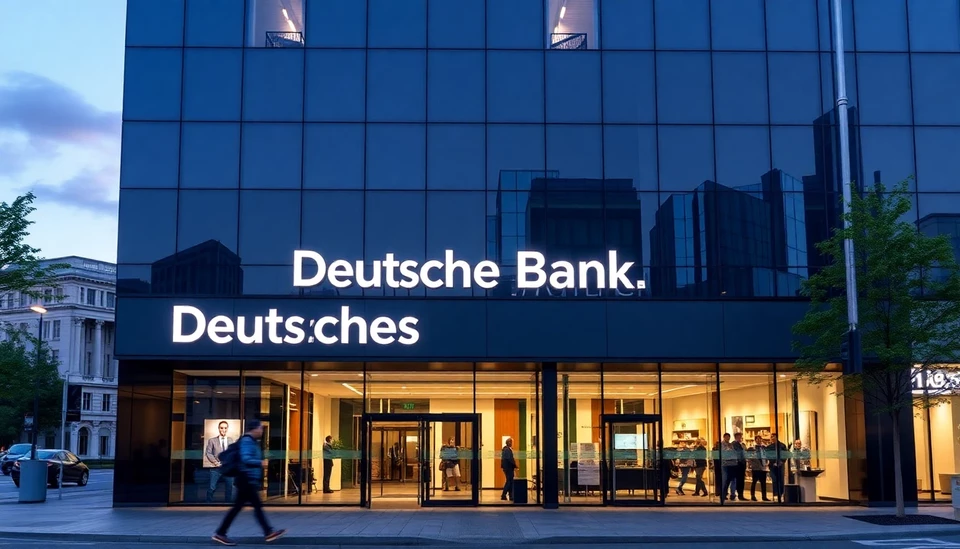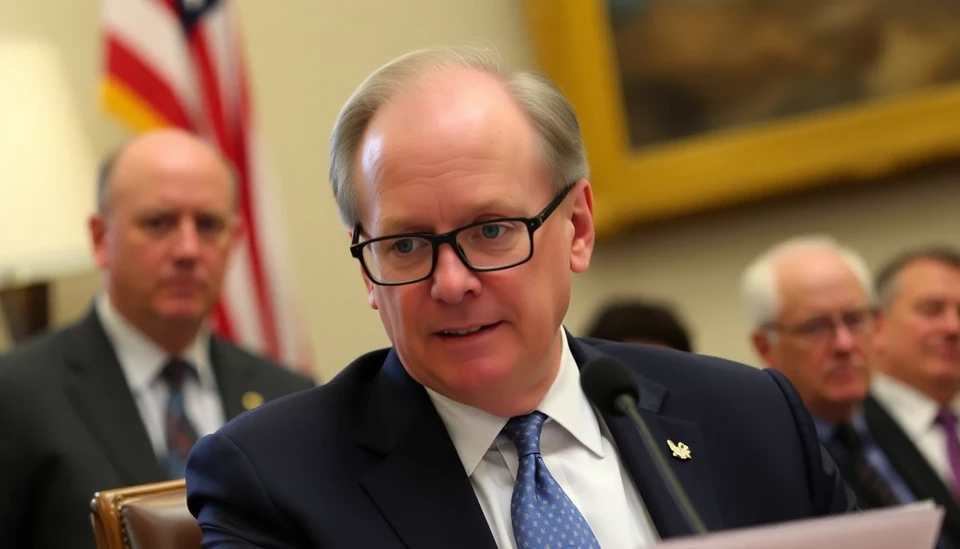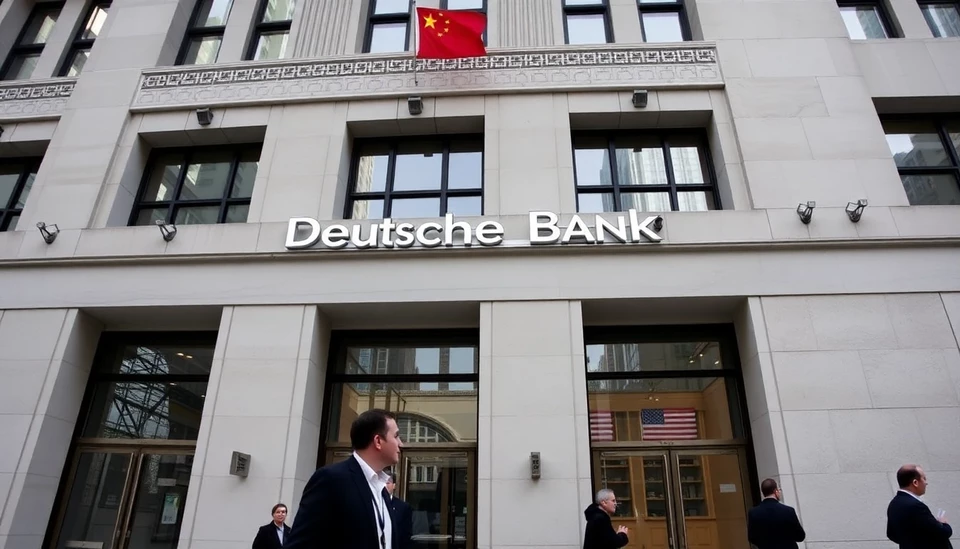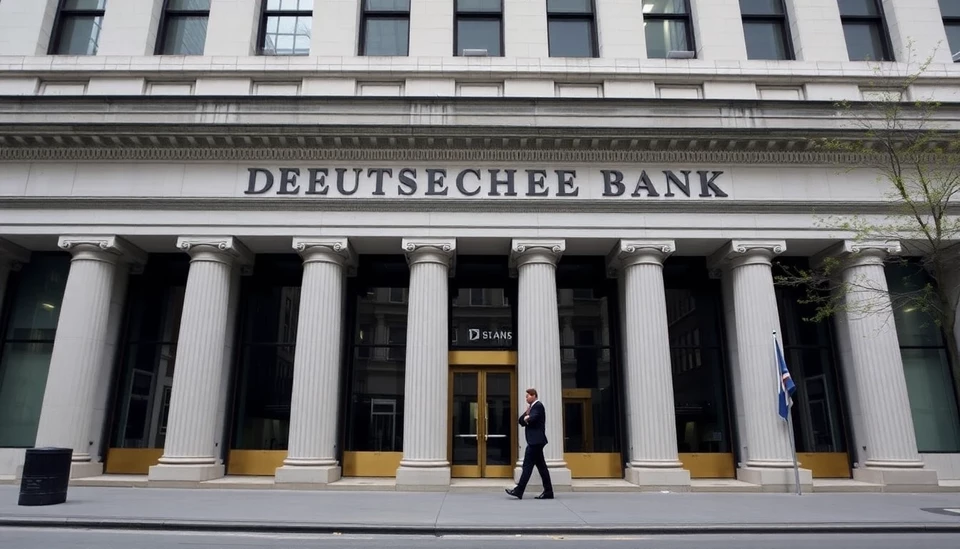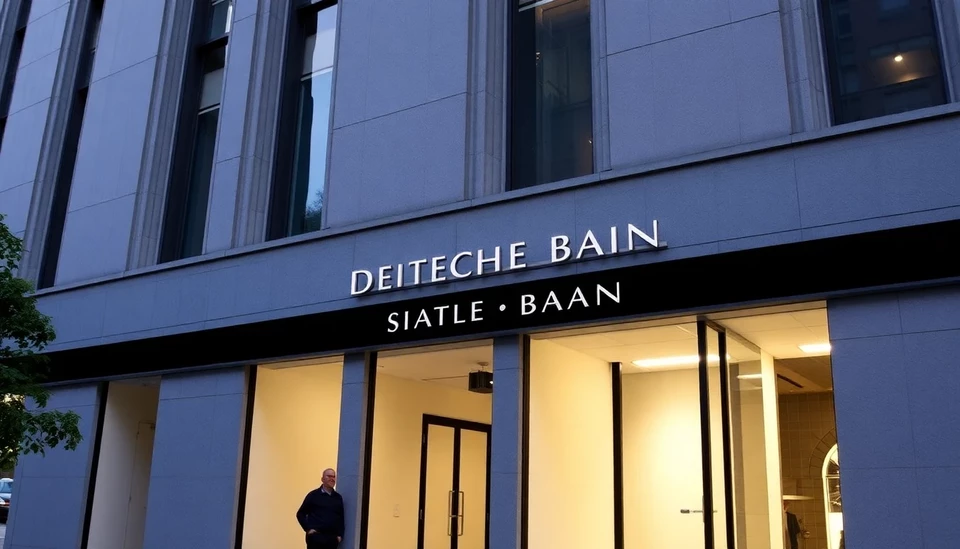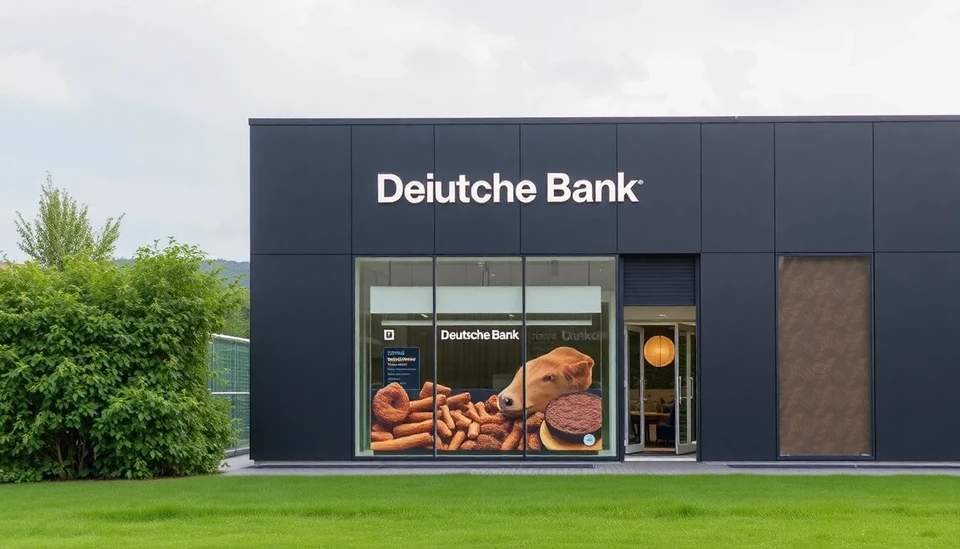
In a troubling turn of events, a coalition of banks led by Deutsche Bank finds itself grappling with the repercussions of a highly ambitious buyout in the protein bar sector. After acquiring the brand in a move that was expected to create a robust market presence, the financial group now faces significant debt accumulation and a challenging economic landscape.
The protein bar company in question was viewed as a promising investment, capturing a health-conscious consumer base eager for nutritious snack options. The acquisition, however, hinged on optimistic revenue forecasts which, as it turns out, were overly ambitious. As the market dynamics shift and consumer tastes continue to evolve, the anticipated profits have failed to materialize, leaving the banks holding considerable liabilities.
Industry analysts have raised eyebrows over the initial buyout price, suggesting it may have been inflated based on fleeting trends rather than solid financial projections. The protein snack market, while burgeoning, is also inundated with competition, leading to an oversupply situation for many brands. Deutsche Bank and its partners now find themselves in a precarious position, dealing with the fallout of sluggish sales that have left them questioning the viability of their hefty investment.
The consortium of banks was expected to play a key role in revitalizing the brand by injecting capital and expertise. Yet, with debt levels now spiraling, the consortium must devise a strategy to stabilize and potentially rejuvenate the brand. They are exploring various options, including operational cutbacks and potential restructuring of the debt to alleviate immediate financial pressures.
As the financial group navigates these turbulent waters, they are also assessing the market landscape for alternative strategies, including partnerships with other health-focused brands or exploring new product lines that could invigorate sales. However, time is of the essence, as external economic pressures continue to mount amidst a backdrop of rising inflation and shifting consumer spending patterns.
Consequently, Deutsche Bank and its banking allies are now under increasing scrutiny. Investors are eager for transparency regarding the long-term impacts of this investment and how it will affect their overall portfolio. The coming months will be critical, as the group attempts to turn around a situation that has rapidly become more complex than envisioned.
The case serves as a cautionary tale of the risks inherent in pursuing aggressive acquisitions in a rapidly changing consumption landscape. As Deutsche Bank and its partners strategize their next steps, the industry will be watching closely to see how they tackle the dual challenges of mounting debt and an evolving market.
In summary, the acquisition of the protein bar company has proven to be a daunting challenge for Deutsche Bank and its consortium, who must now grapple with lost expectations and swift market changes. Finding a pathway to recovery will require innovative thinking and agile management to avert long-term financial repercussions.
As the story develops, stakeholders across the financial and food sectors are keenly aware of the lessons being learned from this high-stakes endeavor.
#DeutscheBank #ProteinBar #Acquisition #DebtCrisis #FoodIndustry #InvestmentChallenges #MarketTrends
Author: John Harris
